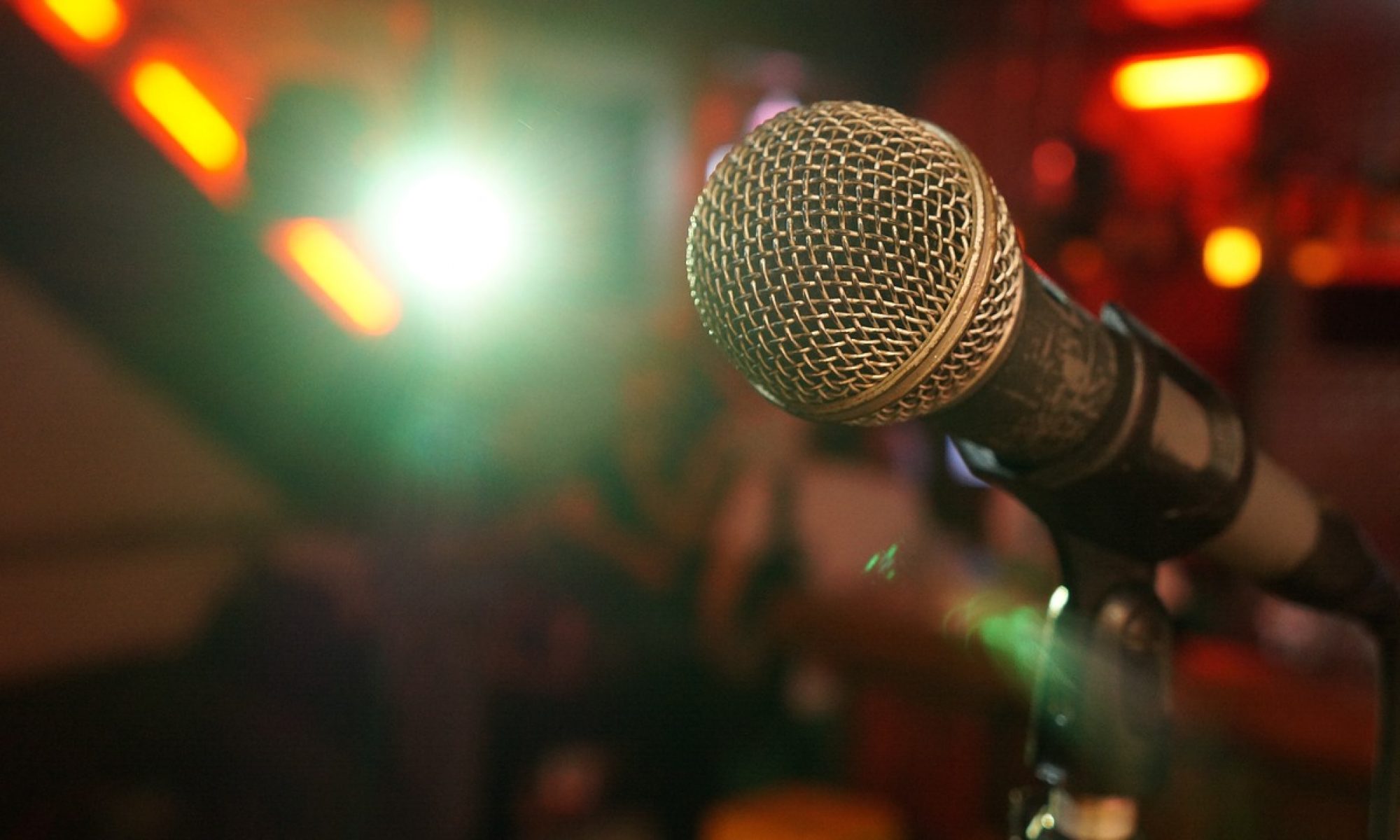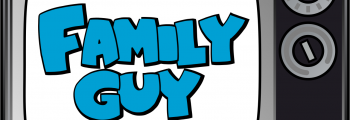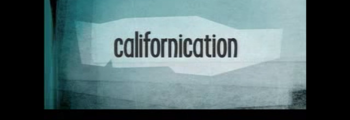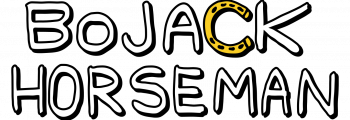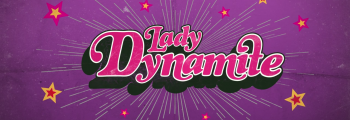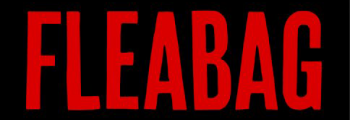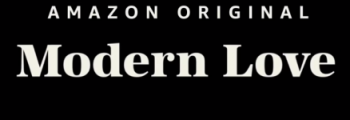Comedy is about laughs. Laughs delivered with well-timed lines, often thinly veiled ironies dressed up as humor. And what’s more ironic than someone struggling with their inner demons getting up on stage and putting on the performance of their life? From Robin Williams to John Belushi, part of the older set of comedians known for escaping the pressure of performance through drugs, to modern day comics who have managed to openly discuss their struggles, like Sarah Silverman and Rainn Wilson, there has been a shift in the way comedy tackles mental health.
Following Williams’ suicide in August of 2014, an image floated around the internet courtesy of Redditor YouJustGotSmurfed. It was a wallpaper with Williams’ face with the following text, borrowed from the novel Watchmen, next to it.
Heard joke once: Man goes to doctor. Says he’s depressed. Says life seems harsh and cruel. Says he feels all alone in a threatening world where what lies ahead is vague and uncertain. Doctor says, “Treatment is simple. Great clown Pagliacci is in town tonight. Go and see him. That should pick you up.” Man bursts into tears. Says, “But doctor… I am Pagliacci!” Good joke. Everybody laugh. Roll on snare drum. Curtains.
The story of the sad clown has its origins in an actual sad clown that performed nearly two centuries ago, Grimaldi the Clown, so clearly this is a trope based in lived experience. But we already knew that. As to the Watchmen excerpt, there are several ironies to be had there as well. First, in the original comic, the death of a former vigilante cum superhero is being investigated by a former colleague, and the befallen went by the alias The Comedian. And second, in Italian the word ‘pagliacci’ literally translates to clown.
In recent years, the comedy scene has become more open regarding mental health. Whether it’s sketch comedy venues, Hollywood writers’ rooms, or stand up open mics, people are talking about how they’re doing. Comedy, and entertainment in general, is an inherently competitive field. Those who have been in the business awhile have likely faced more than a bit of rejection and negativity. But changing attitudes towards maintaining mental health for comedy veterans and newcomers alike are helping to change the conversation.
What’s Already Being Done
Upright Citizens Brigade (UCB), “[Provides] training in a structured environment in which to perfect improvisation and sketch writing skills,” according to Karen Anglade manager of human resources at UCB East. “People are feeling better about not feeling okay, and are feeling okay about talking about it and about what they have, and that it’s okay to admit what they have.”
UCB helps people get to that space. “At the beginning of every class each student is handed a syllabus with all the information on the course, including colleagues related to mental health,” Anglade said. “If an instructor sees a student struggling, for example, coming to class intoxicated, the instructor will pull them aside and tell them about their services. As a student they are entitled to one or two off-site sessions but then they are pointed to other resources.” As a small school, this is considered dutiful service and considering that not much more is done at large scale universities that cater to student bodies upwards of 15,000, one would have to agree. It is important to note that, over the course of reporting, UCB closed both of its New York locations, closures already in process and only exacerbated by the onset of the COVID-19 crisis.
In writers’ rooms, the conversation is a little bit different. Billy Grundfest, a writer for shows like “Mad About You” and “Loco x vos,” spoke to Hollywood’s mentality towards mental health. He says while he never personally wrote characters that could be described as “mentally ill on a clinical level,” he can speak to characters that had distinctive neuroses. He says, “Everybody in show business has a screw loose,” and that, “Nobody is there because their parents loved them too much.” However, this makes for characters that display “flawed but functional levels of anxiety.” Think George Costanza (Seinfeld) or David Rose (Schitt’s Creek).
Timeline of Mental Health in TV Characters of the 21st Century
One sad clown currently on television is Fleabag (Fleabag), expertly written and played by Phoebe Waller-Bridge. In the show, Fleabag offers fourth wall breaks as an explanation for her troubled and troubling existence as a young woman in London just trying to make it. Fleabag provides a moving picture of grief, sexual fluidity, depression and trauma. The show as well as cast members have picked up numerous nominations and awards for comedy from several prestigious academies including the BAFTAs, the Emmys and the Golden Globes. “Fleabag” is decidedly British, which almost gives it more leeway in its use of the trope of sad clown, but ultimately comes out of the archetype swinging.
Critics Take Note
Matthew Gilbert, of The Boston Globe, observed that season one of the show was disarmingly honest. “…[H]er jokes are her way of coping, or at least getting through the difficult days. Her sexual escapades are, too. She lives her life as a woman who is proudly unfiltered and willing to make any joke or take any position in bed; and yet she is desperately filtering out her hurt. You realize that she is quite fragile behind all her sexual bluster and her witty defenses… It’s poignant, her battle with self-loathing and heartache, and she becomes more sympathetic despite her brittleness…,” Gilbert wrote, “‘Fleabag’ reminded me of the brave aspects of many of the Sad Clowns we’ve encountered over the years, who use the tools they know best in order to cope. They’re in a battle with grief, despair, loneliness, and worse, and they refuse to succumb. They’re fighters, like Fleabag, armed with an arsenal of wisecracks.”
Abby Robinson, of Digital Spy, wrote about Fleabag following the more recent season two drop. Robinson writes about the show’s success as a dark comedy, saying, “That is where this series (and so many other comedies) excel where ‘serious’ dramas don’t. Unlike dramas, which deal in stern looks and wall-to-wall trauma, one of ‘Fleabag’s’ key objectives is to make you laugh, so when you’re not laughing, you feel it all the more.
“The juxtaposition between humour and despair makes those dark moments so much more arresting,” Robinson wrote. “They’re stark and they’re brazen, often appearing out of no where at lightning speed, clashing with the moments that land before and after, catching you off-guard – because we’re laughing… Aren’t we? The way in which Waller-Bridge frames those moments is a testament to both her brilliance and the fluid nature of comedy, able to create moments that successfully tackle a subject as delicate as mental health, and stay with you long after.”
For comedy writing Grundfest, our resident Hollywood writer, says, “If you know where someone’s pain is, then you know how to make it funny.” There may be neurotics in Hollywood but they’ve learned how to manage it, or according to Grundfest, “Show me somebody who’s not learned how to manage that and I’ll show you somebody who’s not very funny.”
Studios themselves have helped create the growing openness surrounding mental health. Grundfest brings up the use, or rather the disuse, of the word “retarded.” He notes that studios were relatively responsive to this change in how mental health was talked about on television and “are [especially] sensitive to the twitterverse.”
One notable comedienne who has managed to get her neuroses in order is Maria Bamford. More notably, she would be described as having struggled with her health on a clinical level. She is open about her diagnoses of depression, anxiety and bipolar disorder as well as her previous suicide attempts and inpatient stays in psychiatric hospitals. But she is also open about her progress and process for getting better and succeeding in comedy and in Hollywood. In the past she has put out her own stand up specials and web series, and more recently she had a Netflix show, Lady Dynamite, which was a stream of consciousness comedy that aired for two seasons. She is also a very vocal advocate for ending the stigma of mental illness, both in comedy and in general.
Transforming Pain into Humor
Other performers have followed suit, often disclosing their diagnosis as a form of catharsis on stage and in various other mediums. Notably, Pete Davidson uses stand up and his wide platform as a cast member on “Saturday Night Live” to discuss his struggle with borderline personality disorder.
In a previously published interview with Vulture’s Marisa Carroll, Bamford opines, “‘The reason people don’t go for help is because there is still stigma. People don’t talk about mental illnesses the way they do other illnesses.’” Then she recounts some of her own set regarding the way people talk about physical illnesses versus the way they treat mental illnesses. “‘Apparently Steve has cancer. It’s like, fuck off! We all have cancer.’
‘I was dating this chick all this time and she let me know she’s been wearing contact lenses. I said whoa, do what you need to do but I don’t believe in all that Western medicine shit. If you wanna see like other people it’s all about attitude. You gotta want it.’”
In another previously published interview, this time with Forbes’ Risa Sarachan:
“Sarachan: Why do you think mental illness is so stigmatized when it’s also romanticized as part of the artistic archetype?
Bamford: I think it’s so much less than it was, I think it’s gotten better and better. I think the only reason there might be some romanticization of it is because people who are creative are more likely to talk about it at work. You know? Like it’s not a cool thing to talk about if you’re an accountant or a teacher, whereas if I’m a painter, I can paint about it. I can paint a still life of all my bottles of medication. In that way, I think it’s less stigmatized to talk about in artistic professions.”
What’s Up Next
“There’s a universal understanding in stand up that you might be a little fucked up… that you have had some shit go down,” Olivia Singer, an up and coming stand up comic and actress says. She continues by saying that we are entering an age of honesty and confrontation in comedy like never before, drawing a line between Inglourious Basterds, Jojo Rabbit and Hunters. Singer talks about the evolution of self-deprecating humor to really being vulnerable on stage and how difficult that can be, because at the end of the day, “…it’s you and only you and your sense of humor every day.” She makes a great point though, as there is a big difference between gallow’s humor and what one might see at an open mic today. The difference can be found at whose expense the joke is being told, the executioner or the executed.
Last summer, Singer interned at the Comedy Cellar and found a mentor in fellow New Yorker and comedienne Gina Brillon. Brillon jokes about being a woman, relationships, and childhood traumas left over from growing up in the Bronx. Singer’s comedy is not too dissimilar, but can strike a different note. Singer also notes that women are growing more self-aware in the field of comedy and thus are slowly expanding their repertoire. She mentions comedienne Nikki Glaser’s parodic use of BDSM and sex, and how she flips the tables on the whole conversation, thus liberating both herself (Glaser), as a comedian, and women audiences listening in.
Up next for Singer is a one woman play in which she plays twelve characters in the psychiatric wing of a hospital. The play is titled 82%, due to the belief that eating disorders and other major psychiatric disorders can be over 80 percent hereditary in nature.
Denny Baek formerly dabbled in stand up comedy. He first got into stand up to “[express] my own personal perspectives on mental illness. I find that being able to make jokes about it and say some truths out loud helps me think about them, face how I feel, and move on.” His sense of humor stems from “mostly being able to laugh at myself and the situations I get myself into” which goes back to the idea that dark humor has evolved from self-deprecating humor. Baek says, “When discussing dark things, it’s mostly that; facing my own mental health issues and problems I’ve faced in my life head on and letting people know what I’ve faced and how I’ve recovered [or] how I am still facing it now.”
While there is limited research, and thus few quantifiable statistics on the correlation between comedy and mental health, there is a widely known sentiment that creativity and mental illness go hand in hand. In 2014, following Williams’ death, ABC News’s Liz Neporent spoke with several prominent doctors regarding this imperceptible but distinct correlation between humor and mental illness. The sentiment that research generally shows that creativity and mental illness walk the same path was reiterated by Dr. Michael Clarke, the vice chairman in the department of psychiatry and behavioral science at the Johns Hopkins School of Medicine. “People with a more creative side do seem to have a greater rate of mood disorders like depression and bipolar disorder,” Clarke said. “We don’t know exactly why this is but it could have a biological basis in the emotional centers of the brain.” However, he emphasized that not every comedian is mentally ill. He also added that mental illness can hinder creativity, meaning that when someone finds themself in a depressed state they are often less productive.
But as cathartic as getting up on stage and telling the world your woes may be, it’s still not the same as actual therapy. Dr. Rami Kaminski, a professor of psychiatry at Columbia University School of Medicine, in the same interview with ABC News, may have stripped the issue to its core, saying, “The reason so many comedians are at risk for mental illness is because being funny is not the same thing as being happy.”
